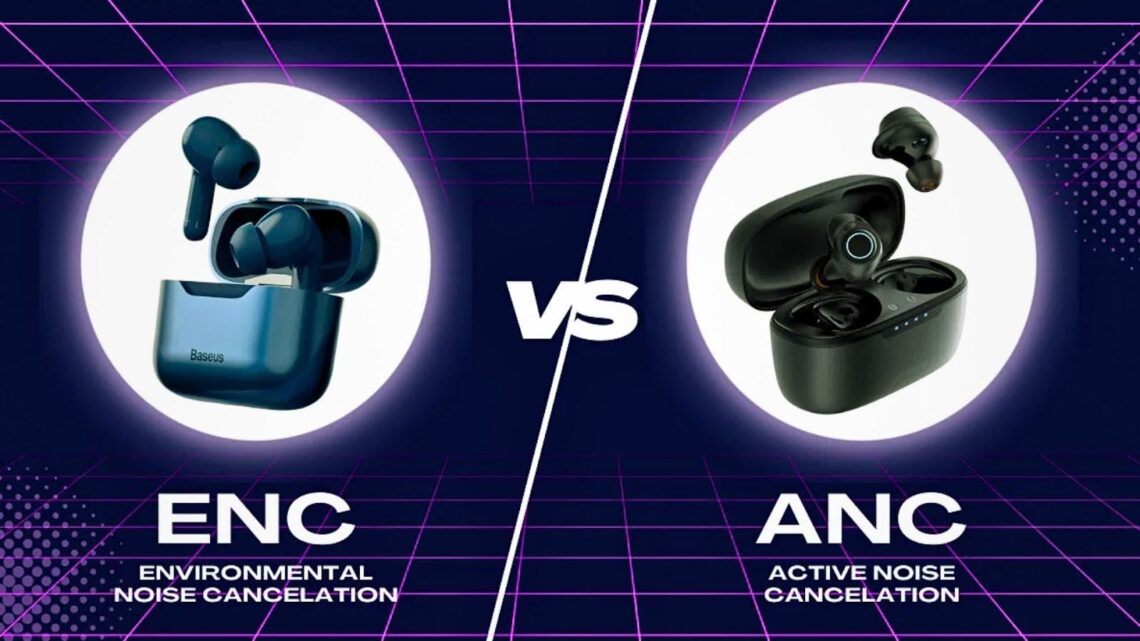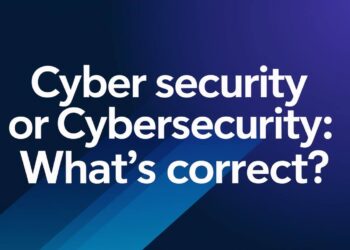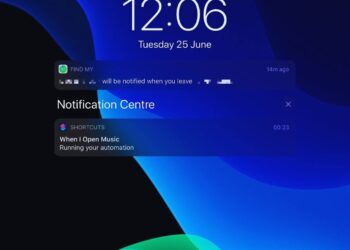People spend over 30 hours a week with headphones, but few understand how their noise-canceling tech works. You might think all noise cancellation is the same, but that’s not true.
Choosing between ENC and ANC affects not just sound quality but also communication clarity and safety. Get it wrong, and you could miss important calls or put yourself at risk in busy environments.
The enc vs anc debate matters more than most people realize. ENC stands for Environmental Noise Cancellation, while ANC means Active Noise Cancellation. They sound similar but work in completely different ways.
This guide will explain the difference between these two technologies. You’ll learn how each one works, when to use them, and which option fits your lifestyle best. By the end, you’ll make smarter choices about your next headphone purchase.
What’s the Difference Between ENC and ANC?
Understanding ENC vs. ANC starts with knowing what each technology does. Both use microphones to detect noise, but they work in opposite directions.
| Feature | ENC | ANC |
| Primary Focus | Cleans up your voice for others | Blocks noise from reaching your ears |
| Best For | Calls, meetings, gaming | Music, studying, commuting |
| Microphone Role | Filters your outgoing voice | Creates counter-sound waves |
| Device Types | Gaming headsets, work headphones | Premium earbuds, over-ear headphones |
| Battery Impact | Lower power consumption | Higher power usage |
ENC works like a filter for your microphone. It picks up background noise and removes it from your voice before others hear you. ANC does the opposite: it blocks outside noise from reaching your ears so you can focus on what you’re listening to.
How ENC Works
ENC technology focuses on making your voice crystal clear during conversations. It uses smart processing to separate your speech from background noise.
Core Mechanism
ENC picks up background noise using external microphones and removes it from your outgoing voice signal. The technology analyzes sound patterns in real-time to identify which sounds are your voice and which are unwanted noise.
Most gaming headsets and work-focused headphones include ENC features. The technology works best with consistent background sounds like air conditioning, traffic, or office chatter.
Advantages of ENC
ENC makes sure your voice comes through clearly, even in noisy places. Your coworkers won’t struggle to hear you during video calls, and your gaming teammates can understand your instructions perfectly.
This technology shines during remote meetings, phone calls, and online gaming sessions. You can work from busy coffee shops or take calls while walking down the street without worrying about background noise.
Limitations of ENC
High-quality ENC costs more money, and cheap versions often work poorly. Some budget headphones claim to have ENC, but barely make any difference in call quality.
ENC can sometimes filter out too much sound, making you less aware of your surroundings. This might cause you to miss important announcements or safety warnings in your environment.
How ANC Works
ANC technology creates a bubble of silence around your ears. It actively fights against incoming noise to give you a peaceful listening experience.
Core Mechanism
ANC uses microphones to detect outside noise, then generates opposite sound waves to cancel it out. This process happens instantly, creating destructive interference that neutralizes unwanted sounds.
You’ll find ANC mainly in premium over-ear headphones and high-end earbuds. The technology works best against steady, low-frequency sounds like airplane engines or train noise.
Advantages of ANC
ANC transforms your music and media experience by removing distractions completely. You can enjoy your favorite songs or podcasts without cranking up the volume to dangerous levels.
This technology excels during commuting, flying, studying in libraries, or relaxing at home. ANC helps you focus better and protects your hearing by reducing the need for high volume levels.
Limitations of ANC
Not every headphone model supports ANC, and adding it increases the product cost significantly. The technology also requires extra battery power, which means shorter usage time between charges.
ANC can make quiet audio sound strange or muffled. Some people also experience a slight pressure sensation in their ears when ANC is active, especially in cheaper implementations.
When Should You Use ENC or ANC?
The ENC vs. ANC choice depends entirely on your primary activities. Don’t treat these technologies as interchangeable because they solve different problems.
ENC works best for:
- Office calls and video conferences
- Online meetings with multiple participants
- Multiplayer gaming with voice chat
- Phone conversations in noisy places
ANC works best for:
- Solo music listening sessions
- Studying in public spaces like libraries
- Blocking noise while commuting or traveling
- Watching movies without disturbing others
Think about what you do most with your headphones. If you spend lots of time talking to people, choose ENC. If you mainly listen to content alone, go with ANC.
Product Recommendations
Real-world testing shows some clear winners in both categories. The right choice depends on your specific needs and budget range.
The Baseus SIMU S1 Pro excels at ENC performance for work and gaming situations. It filters background noise effectively while keeping your voice natural and clear during calls.
The Baseus MA10 TWS offers excellent ANC for travel and focused listening. Its long battery life and comfortable fit make it perfect for daily commutes and study sessions.
Which One Should You Choose?
The ENC vs ANC decision comes down to a simple rule: ANC helps you hear better, while ENC helps others hear you better. Think about which situation matters more in your daily life.
Base your choice on what you value most: crystal-clear voice communication or immersive sound experiences. If you take lots of calls, prioritize ENC. If you mainly consume media, go with ANC.
Some expensive headphones offer both ENC and ANC features together. This gives you the best of both worlds, but make sure you need both technologies before paying the premium price.
Conclusion
The ENC vs ANC comparison reveals two distinct technologies serving different purposes in audio equipment. ENC makes your voice clearer for others, while ANC makes everything quieter for you.
ENC excels when communication quality matters most. It removes background noise from your microphone so others can hear you perfectly during calls, meetings, and gaming sessions.
ANC shines when you want to focus on listening. It blocks outside distractions so you can enjoy music, podcasts, or videos without interference from the world around you.
Consider your primary use case before making a purchase. Do you spend more time talking to people or listening to content? Your answer will guide you to the right technology for your needs and lifestyle.
Frequently Asked Questions
Can a headphone have both ENC and ANC?
Yes, some premium models combine both technologies to optimize input and output sound quality. This gives you clear voice calls and immersive listening in one device.
Is ENC better than ANC for calls?
Yes, ENC specifically targets microphone clarity during phone conversations. ANC focuses on what you hear, not what others hear from you.
Do ENC headphones block noise for the listener?
Not significantly. ENC technology focuses on cleaning up your microphone input, not reducing what reaches your ears.
Are ANC earbuds safe for walking or biking?
Not recommended for these activities. ANC can block important safety sounds like car horns, sirens, or people calling out warnings.
Which drains battery faster: ENC or ANC?
ANC typically uses more power because it continuously generates anti-noise signals. ENC processing usually requires less energy to operate.








